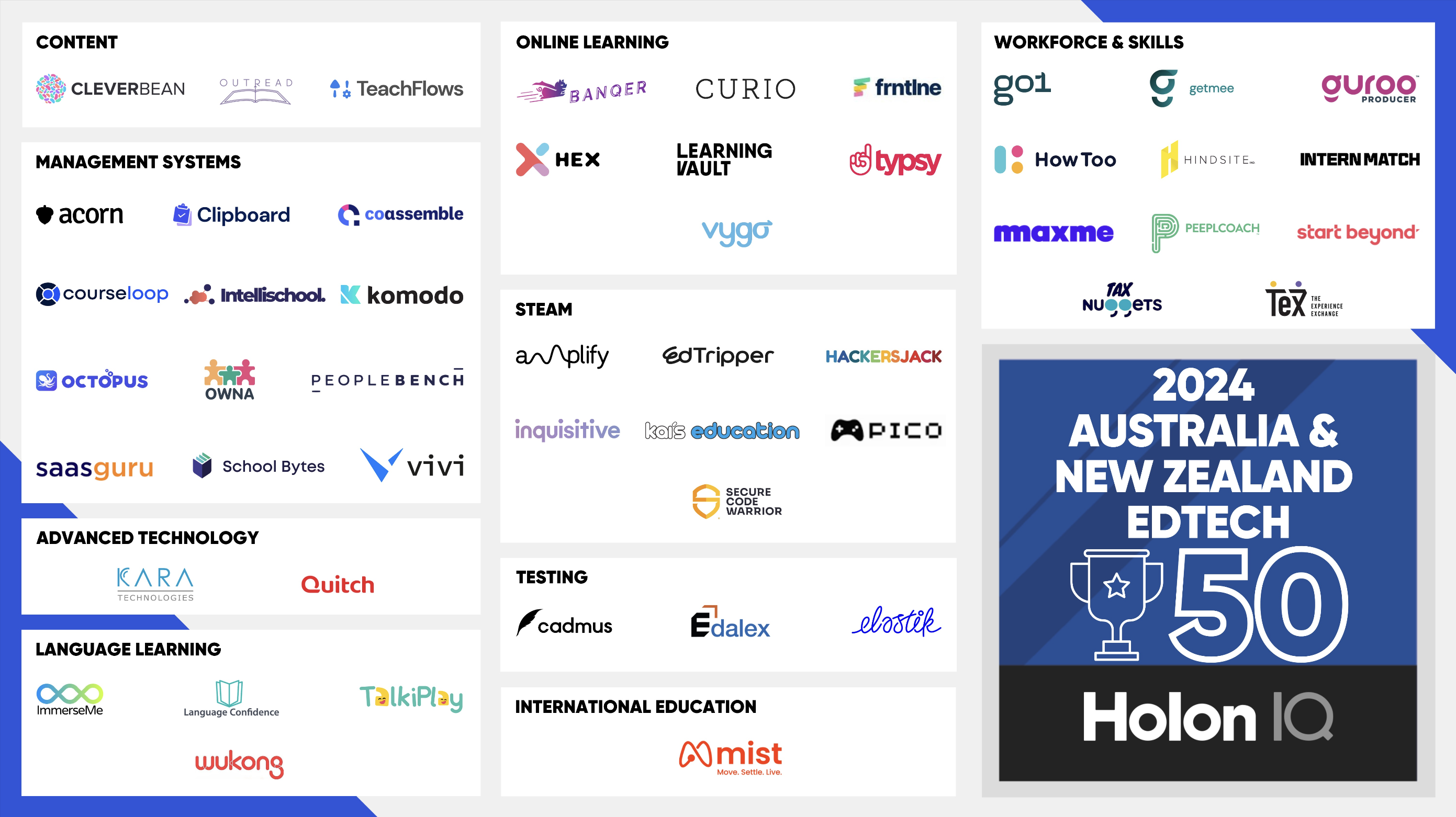EdTech is growing at 16.3% and will grow 2.5x from 2019 to 2025, reaching $404B in total global expenditure. Even at this level, EdTech and digital expenditure will only make up 5.5% of the $7.3T global education market in 2025.
Driven by Higher Education tuition deflation, combined with faster/cheaper credible alternatives and digitization driving a lower administrative cost base across all sectors, HolonIQ has revised our Global Education and Training market size, downgrading total spending by ~$500B in 2025 compared with HolonIQ’s Pre-COVID outlook. We now expect the global education and training market to reach $7.3T in total expenditure by 2025 (all products and services and including digital).
Key drivers supporting the downgrade in market size include the expected deflation of higher education tuition spending as governments and consumers demand improved access, affordability and stronger ROI for post-secondary learning. At the same time, faster and cheaper education and upskilling alternatives are gaining traction and trust in the market. Broadly speaking, digitization is also expected to drive greater administrative productivity and efficiencies in the education sector, from a predominately analogue foundation.

Global Education Technology Market to Reach $404B by 2025
Within the context of a downgrade for total global expenditure, HolonIQ’s updated global market size for EdTech is a $63B upgrade to our pre-COVID estimates. We now expect total global EdTech expenditure to reach $404B by 2025 representing a 16.3% CAGR, or 2.5x growth, between 2019-2025.
A short term surge in EdTech spending brought on by COVID-19 is expected to re-calibrate to a longer-term integration of digital technologies and transition to much higher adoption of online education over the coming years. Part of this transition includes significant ‘infrastructure catch-up’ required for managing learning, data and administration as most schools and colleges are still at the very start of a long digital maturity journey.
In addition to EdTech’s primary role supporting the formal education sector, B2C EdTech models are on the rise as students, parents and workers increasingly seek learning support and up-skilling for supplemental and/or more direct academic and career outcomes.
Underpinning the transition to digital, for incumbents and new models alike, are broader consumer technology expectations with respect to mobility, personalization, social and gamified learning.









.png)










